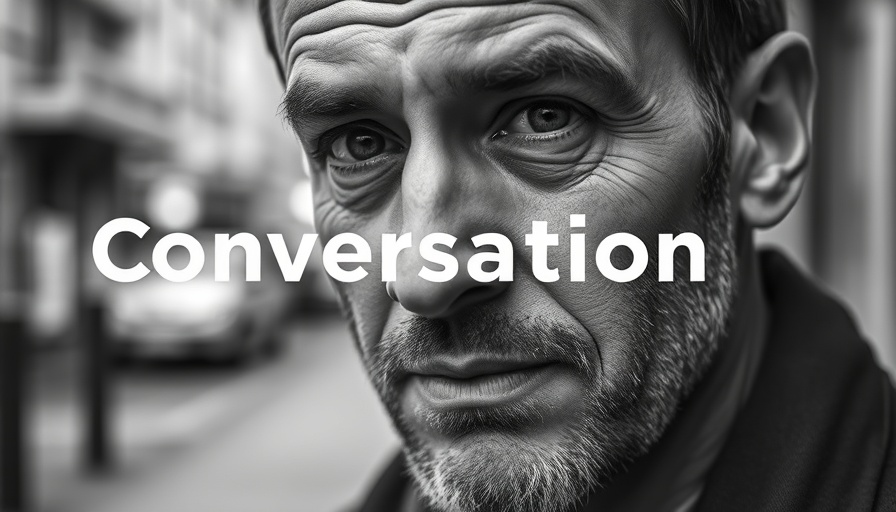
Revolutionizing Healthcare with Shared Decision-Making
In the health sector, the challenges of implementing effective care strategies often stem from a disconnect between research and practical application. This gap resonates strongly in the context of shared decision-making, a collaborative process essential for improving patient outcomes. As highlighted in the insightful discussion with Annie LeBlanc from the KER Unit, bridging this gap is crucial for both patients and healthcare practitioners.
In 'Creating and Sustaining Care That Fits - CTF24', the discussion dives into shared decision-making in healthcare, exploring key insights that sparked deeper analysis on our end.
Understanding the Importance of Patient Engagement
One of the key takeaways from LeBlanc's talk is that successful healthcare delivery requires more than just adhering to clinical guidelines. It demands a fundamental shift toward patient-centered care, where the voices of patients are prioritized in decision-making processes. Engaging patients in their care processes not only validates their needs but also enhances their commitment to the treatment pathways presented to them.
Challenges in Implementing Effective Research
Despite the significant time and monetary investments in healthcare research, the implementation of findings into practical settings frequently falls short. As LeBlanc noted, while the intent is there, many findings do not translate effectively into clinical practice. This disconnect is a call to action for researchers and practitioners alike to work collaboratively, ensuring the research conducted is aligned with what best serves patient needs.
The Need for Sustainability in Care Models
LeBlanc's reflections on the necessity of sustaining care models highlight a critical juncture in healthcare delivery. To ensure that new treatment methodologies are not only created but are also maintained over time, a scalable implementation approach is crucial. This emphasizes the necessity for continued dialogue between researchers and clinicians as well as a unified goal focused on patient outcomes.
As we move forward, it becomes evident that the future of healthcare relies on our ability to re-examine how we conduct research and implement new findings. Working together, we can create an ecosystem where healthcare is not just about clinical trials, but genuinely prioritizes the people it serves.
 Add Row
Add Row  Add
Add 




Write A Comment